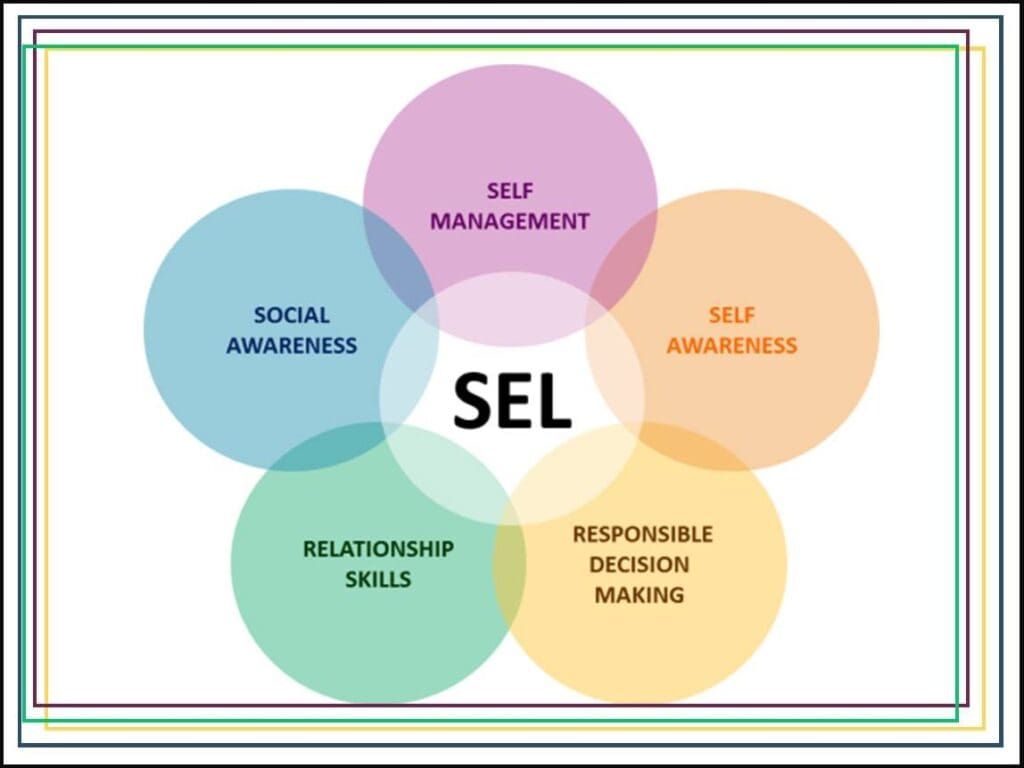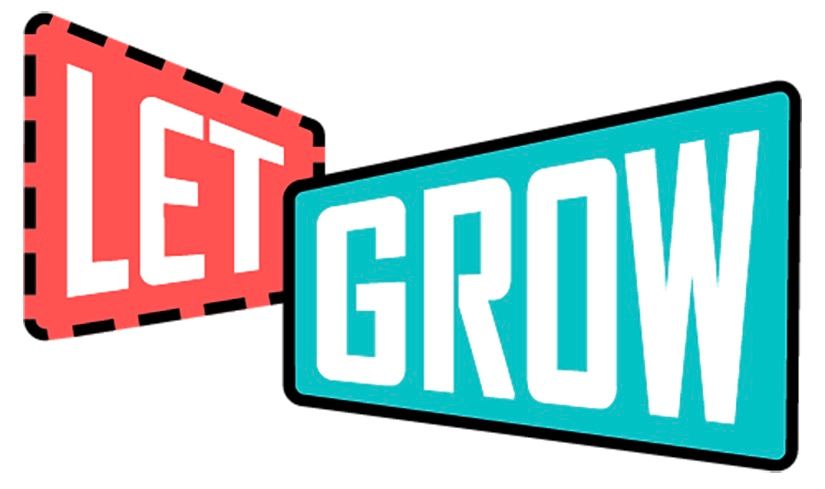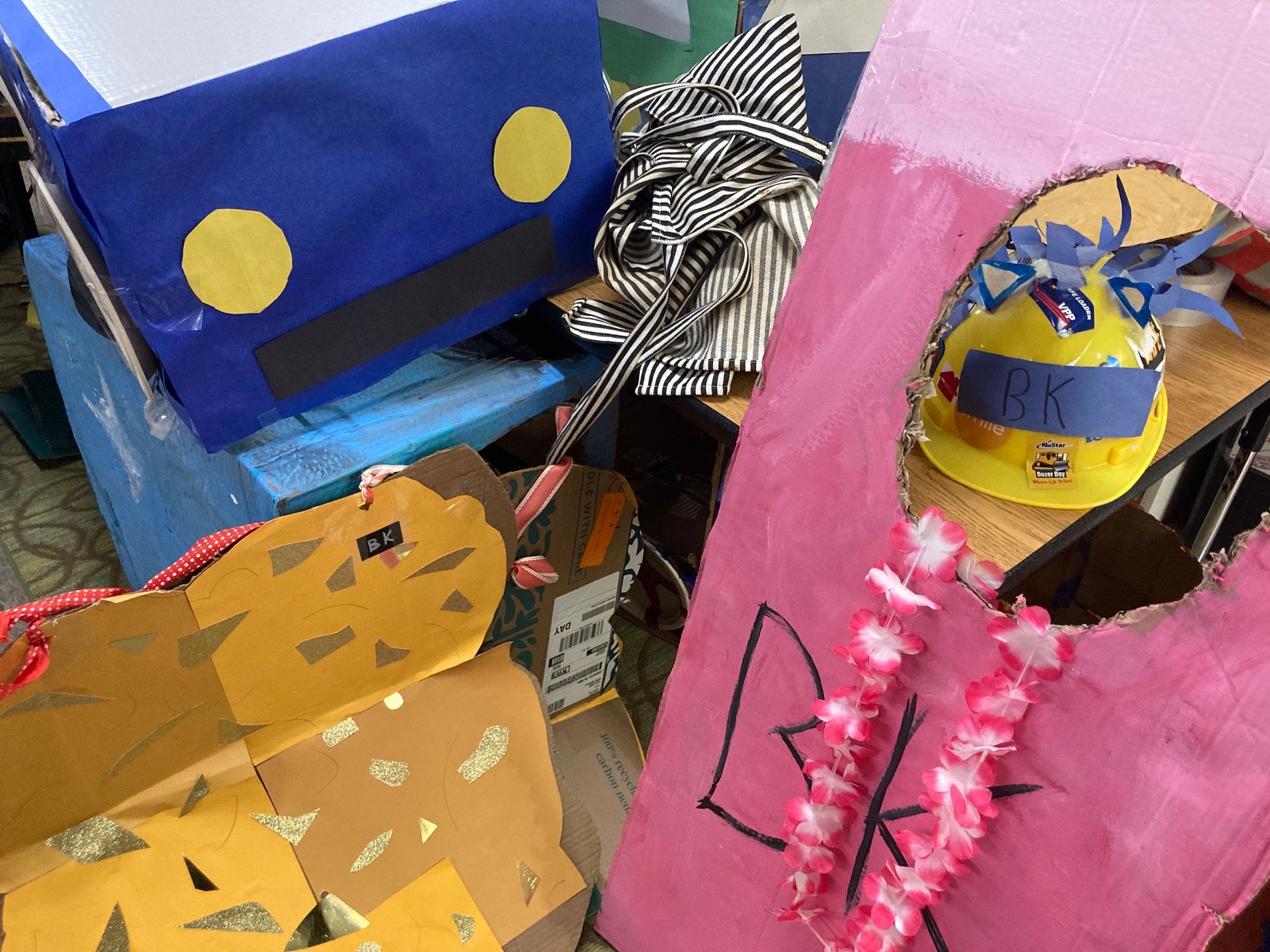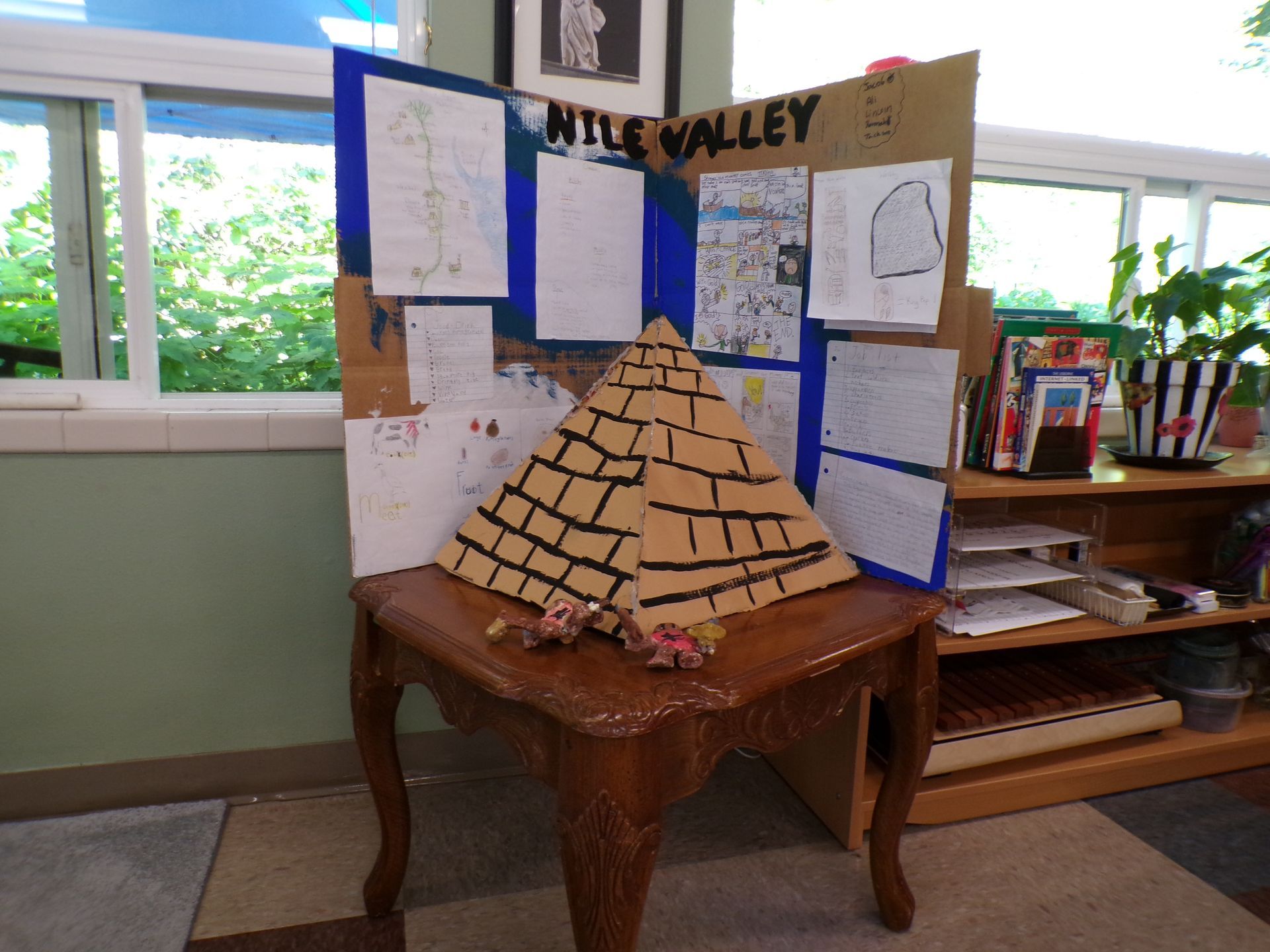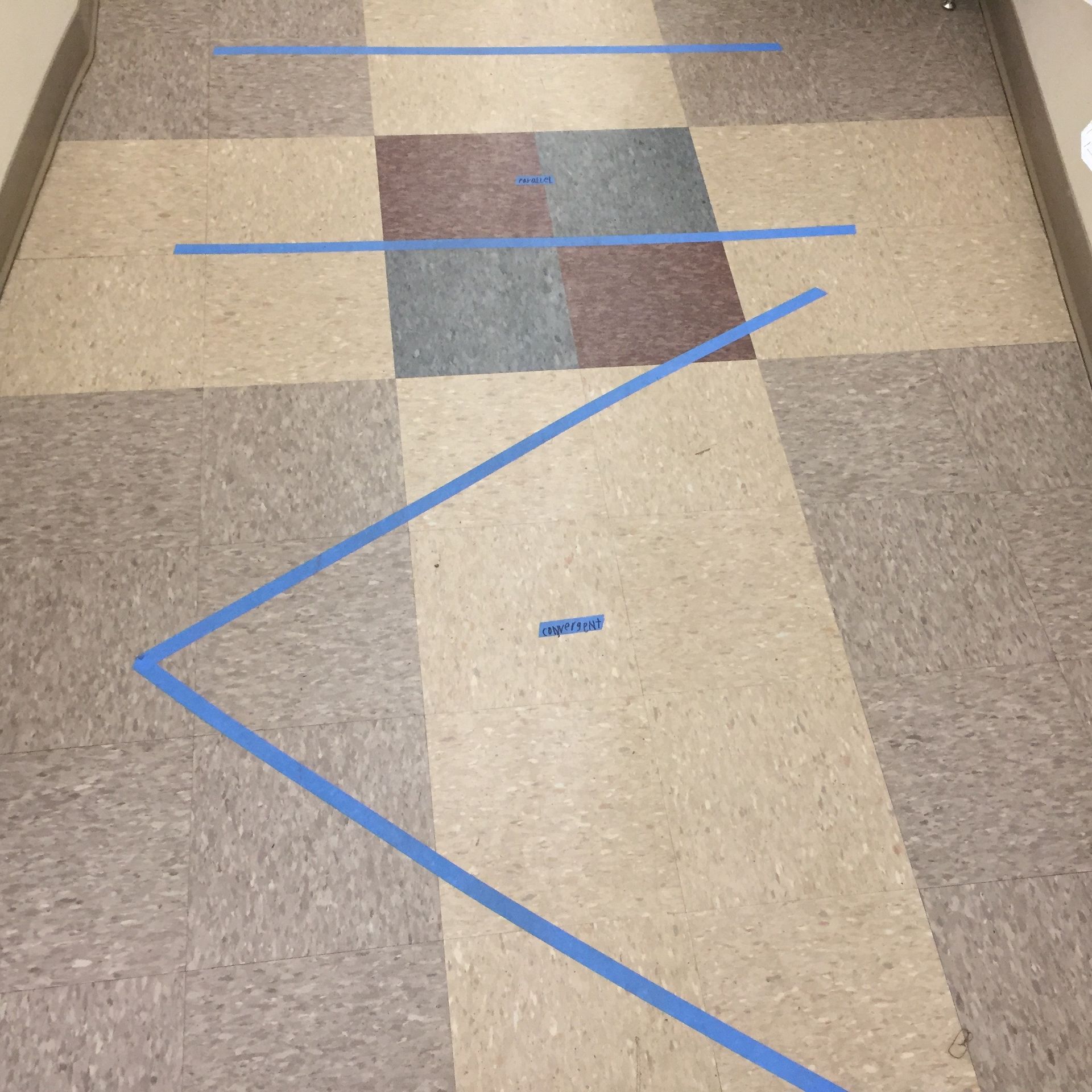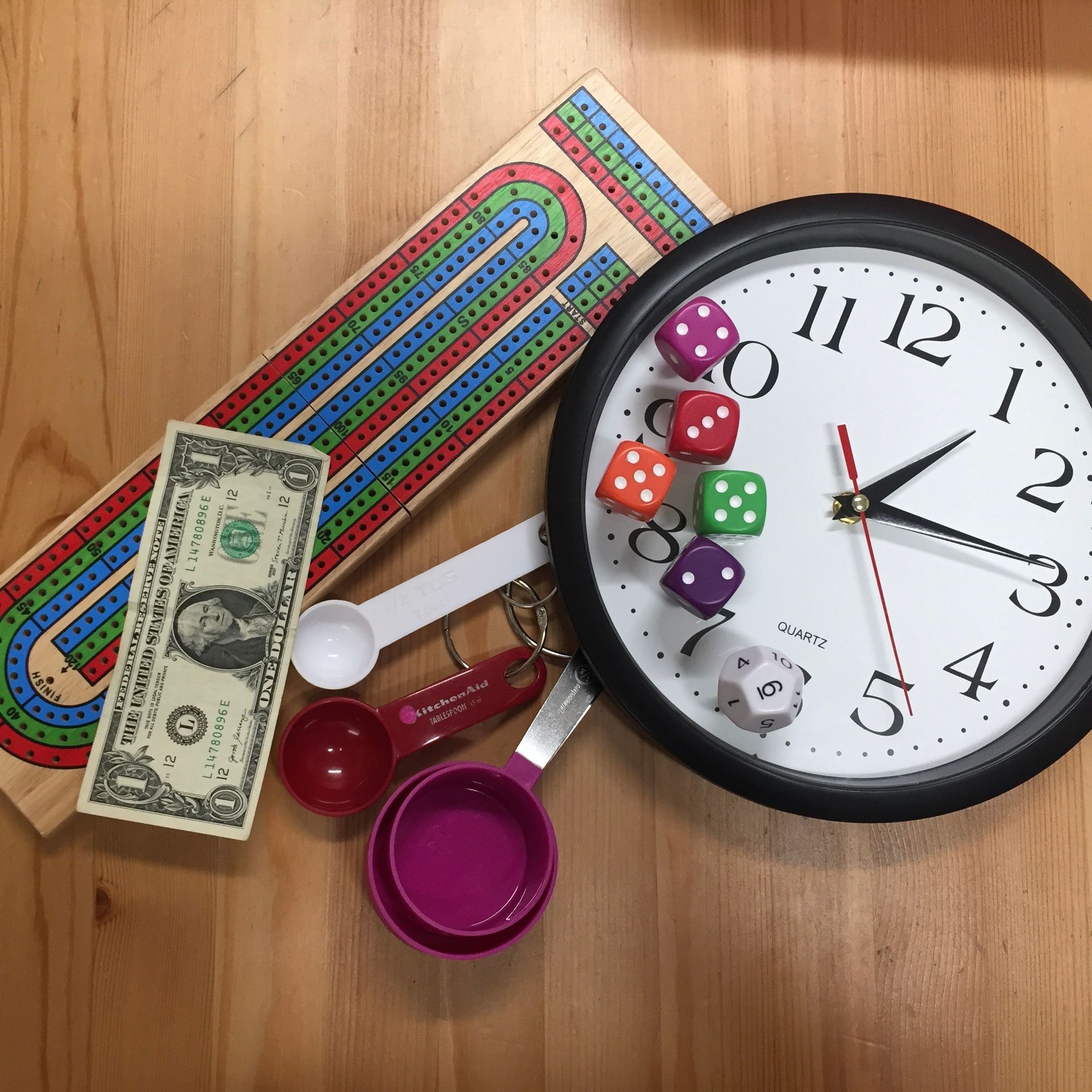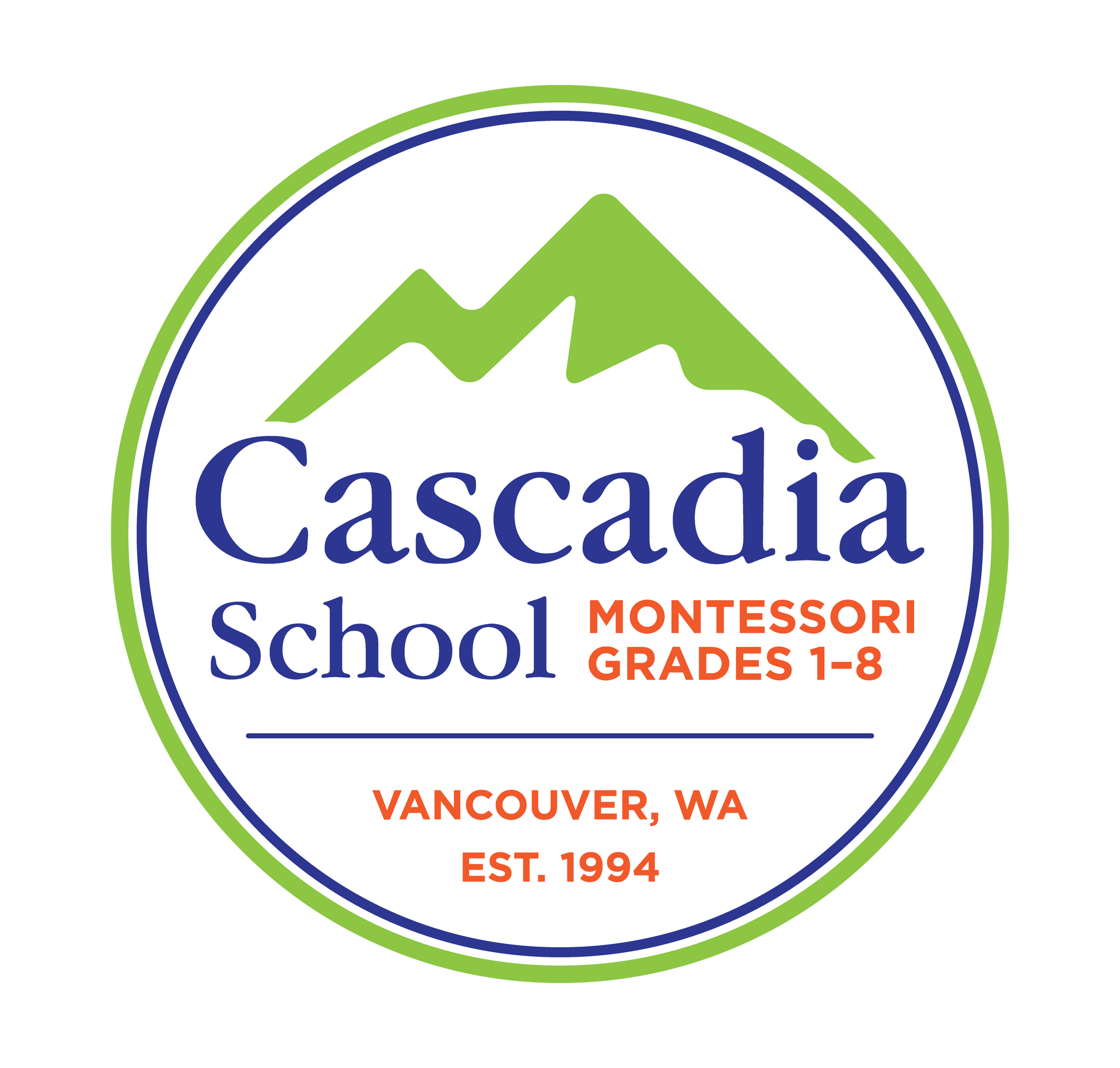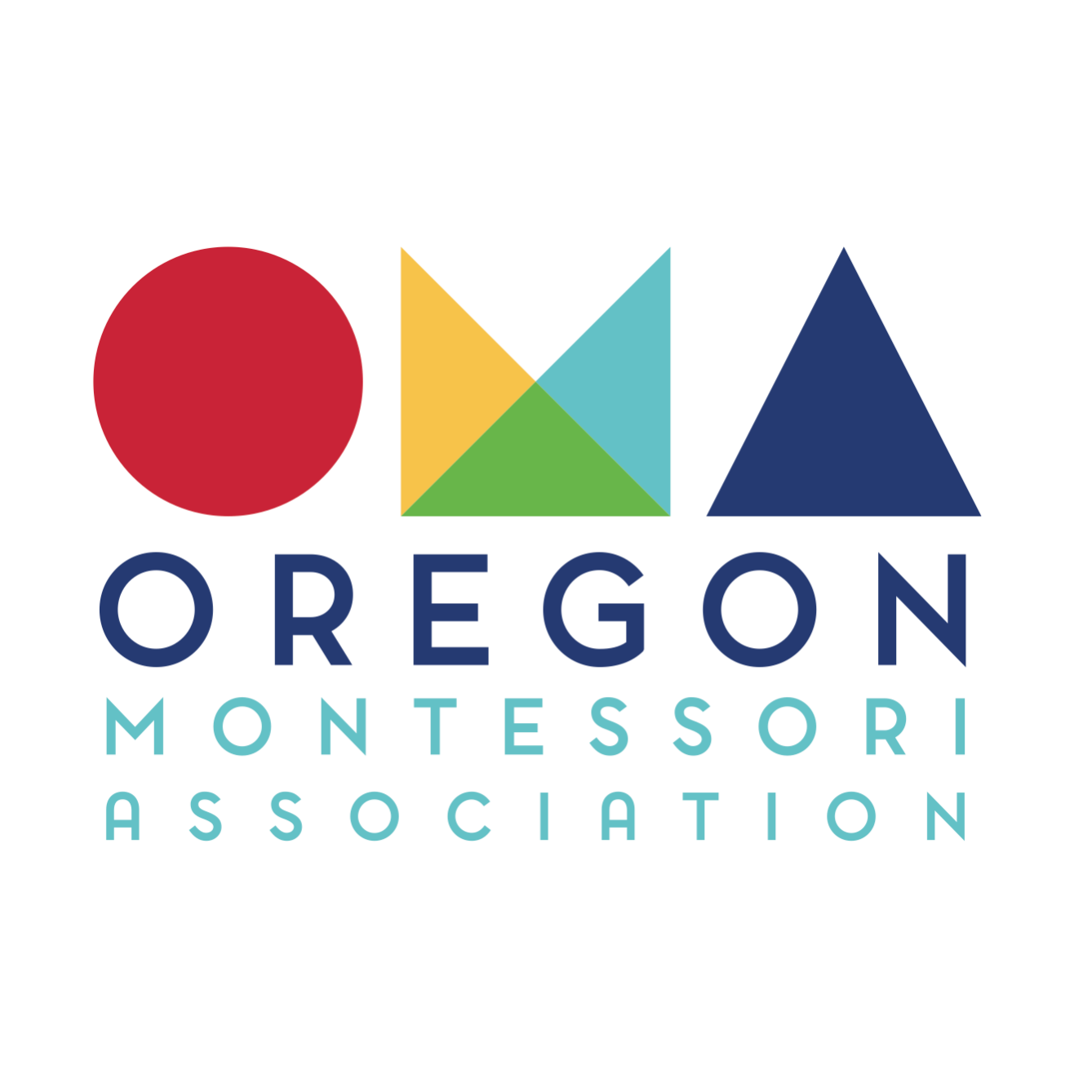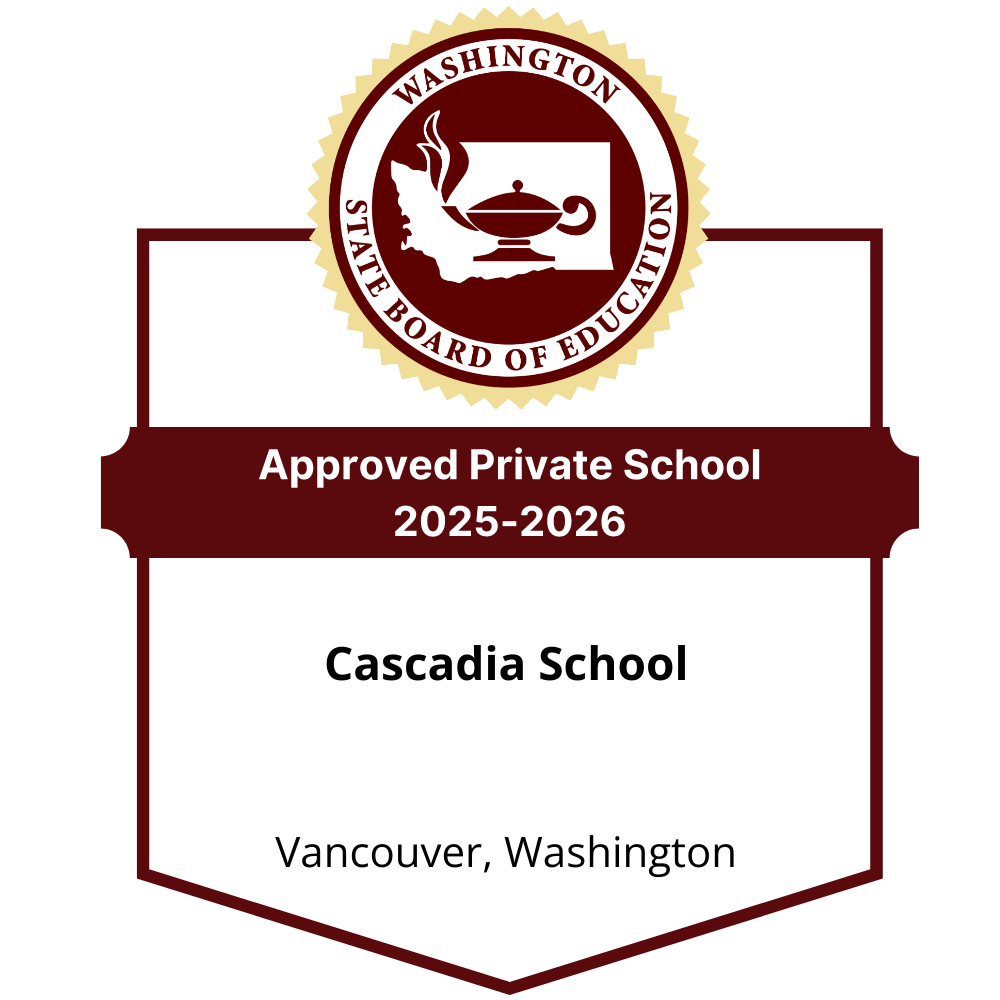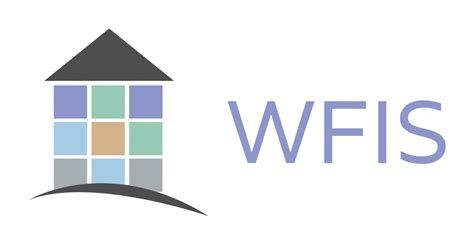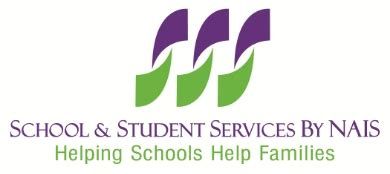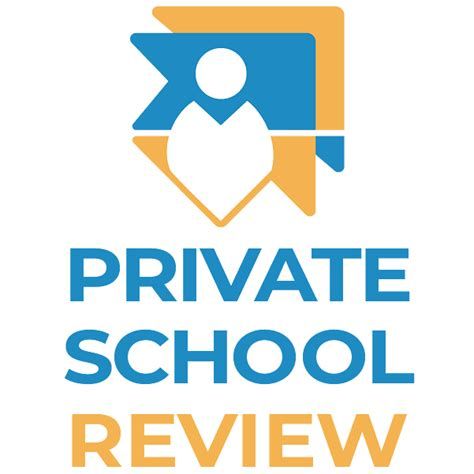Science in the 6 - 12 Environment
Dear Maria,
I’ve heard about the Great Stories and how two of these open up the study of Geography and Biology. What happens after the stories are told? How do children learn about Earth Sciences, the water cycle, matter, waves, and all the rest?
Sincerely,
Crazy about Science
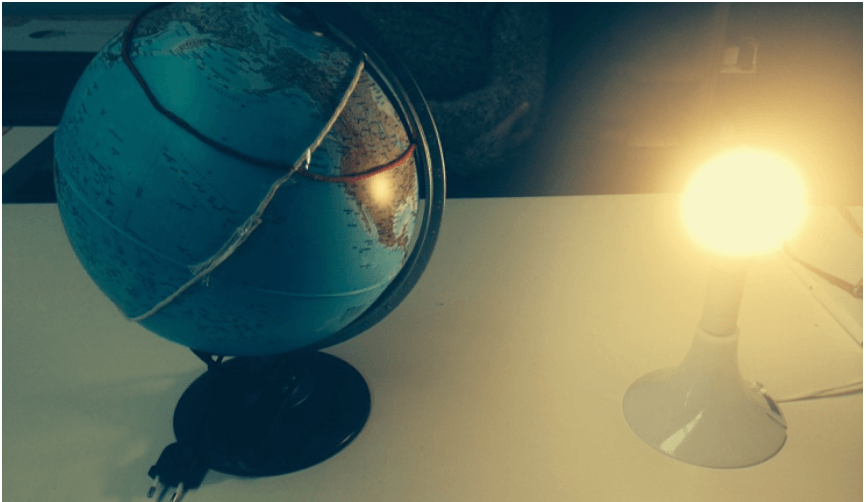
Dear Crazy about Science,
The Great Stories serve as an introduction to five big areas of study (Geography/Earth Sciences, Biology, History, Language and Math). After the stories have been told, the Montessori guides dive right into giving presentations that fill in the details. The Great Stories make such an impression on many children that the guide can often begin a new unit by saying something like, “Remember, in the First Great Story, the part about how all the matter settled into solids, liquids and gasses? I want to tell you more about that.” In this way, the stories help children have a reference point from which they can explore a subject in more detail. (More than that, the stories intend to spark great interest and curiosity in a subject, not just impart knowledge.)
In the Montessori classroom, lessons are given in small, mixed-age groups, and Geography (which encompasses Earth Sciences, Geology, Human & Political Geography, Physics and Chemistry) is a particular draw to children as it incorporates many hands-on demonstrations and experiments. Here’s a short list of
some of the fantastic Geography units in Montessori Elementary! Each unit has multiple presentations ranging from the first knowledge of a topic for the 1st year to complex concepts for the 6th year. Language is an important part of each presentation and children learn new vocabulary with each lesson.
Composition of the Earth (from parts of the Earth to plate tectonics)
Attraction & Gravity
States of Matter
Different Ways of Combining (basic Chemistry concepts)
The Solar System
The Sun & the Earth (day & night, seasons, climate zones of the earth, time zones)
Work of Air (includes wind, planetary winds and more)
Work of Water (includes the water cycle, oceans currents and more)
Interdependencies of Human Beings in Society (lessons on where our food comes from, money)
Economic Geography (world trade)
Mapping (land & water forms, countries, states, cities of the world)


